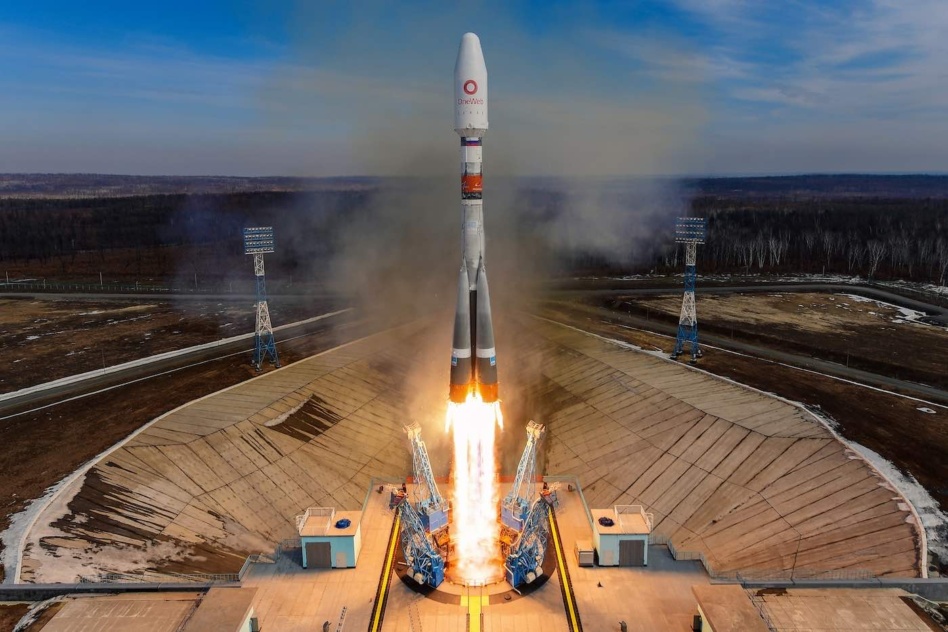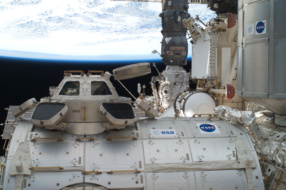US leadership is frustrated with Russia’s behavior in the space domain, and they weren’t afraid to show it this week in public remarks both domestically and on the world stage.
In a UN Security Council meeting on Monday, a US representative accused Russia of launching a counterspace weapon last week that is capable of targeting US assets in orbit.
Then, yesterday, Congress held a hearing where DoD officials testified that the military is working with SpaceX to counter the unapproved use of Starlink by Russian forces in Ukraine.
The global stage: On May 16, Russia launched a Soyuz-2.1b from the Plesetsk Cosmodrome carrying a classified military payload—not an uncommon practice for the Russian space agency.
But the US has intelligence that the classified payload was, in fact, a counterspace weapon capable of targeting a US government satellite in a similar orbit, Robert Wood, the US alternative representative for special political affairs, said during a Monday UN Security Council meeting. He didn’t say what kind of weapon US intelligence believed the satellite to be.
The UN Security Council met this week to debate a resolution proposed by Russia that would ban placing weapons in space.
- The US and Japan had put forward a similar resolution last month after reports came out that Russia was working on a nuclear-powered space weapon, but Russia vetoed it.
- Russian diplomat Vasily Alekseyevich Nebenzya accused the US and its allies of being the real aggressors at a hearing this month, and defended Russia’s own proposed ban as being more far-reaching.
“Russia does not want the Security Council to focus on its dangerous actions in space,” Wood said on behalf of the US. “Its veto then requires that we be skeptical of its statements today and its intentions in putting forward this resolution.”
Back at home: Russia’s military has been using Starlink without approval in Ukraine by purchasing terminals on black markets and bringing them over the border into occupied territory. Pentagon official John Hill, deputy assistant secretary for space and missile defense, testified yesterday before Congress that SpaceX has been very cooperative in sharing data and trying to weed out Russian military users on the network.
“As we share information, we can develop strategies to identify all the terminals which should be left on or which ones should be turned off,” Hill said.




